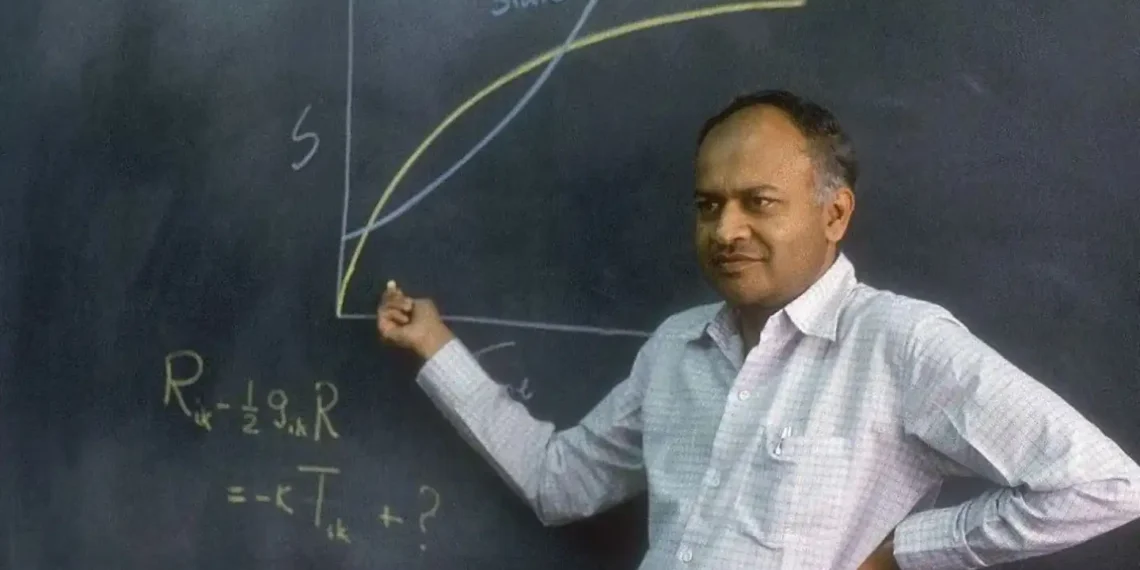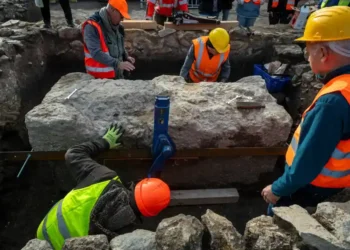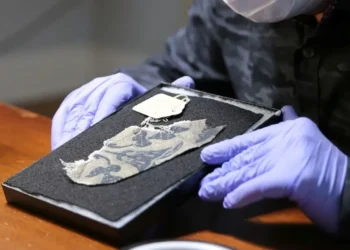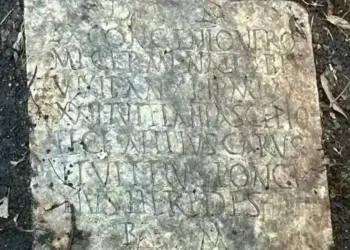Remembering Jayant Narlikar: The Indian Scientist Who Challenged the Big Bang
Jayant Narlikar, one of India’s most celebrated astrophysicists, passed away recently at the age of 86. A visionary thinker and dedicated educator, Narlikar’s legacy stretches far beyond his scientific research — he challenged established ideas, inspired generations, and helped shape India’s space science landscape.
A Glimpse Into the Future and a Bold Scientific Challenge
Back in 1983, Narlikar’s imagination extended into the future with a science fiction story where aliens attended online classes in 2050. While aliens are yet to appear, the reality of online education became a global norm in 2020 during the Covid-19 pandemic — a striking prediction of how technology would transform learning.
But perhaps more famously, Narlikar was known for questioning the Big Bang theory, the widely accepted explanation that the universe began from a single explosive moment nearly 13.8 billion years ago.
Instead, Narlikar proposed an alternative: the universe has always existed and expands endlessly in what’s called the quasi-steady state theory. This bold idea suggested that new matter is continuously created, allowing the universe to maintain a steady appearance over time.
Early Life and Groundbreaking Work
Born on July 19, 1938, in Kolhapur, Maharashtra, Narlikar grew up in a family deeply rooted in academics. His father was a mathematician and his mother a Sanskrit scholar, setting the stage for a lifetime devoted to knowledge.
He pursued higher studies at Cambridge University, where he not only excelled in mathematics but also delved into astrophysics and cosmology. His most significant partnership was with renowned physicist Sir Fred Hoyle. Together, they developed their alternative theory to the Big Bang, challenging the status quo with innovative ideas still studied today.
Narlikar explained their theory with a simple analogy: imagine money growing in a bank account through compound interest — the capital expands continuously, much like the universe.
Impact on Science and India’s Research Landscape
Though the Big Bang remains the dominant theory, astronomers like Somak Raychaudhury recognize Narlikar’s contributions: “He advanced ideas on how matter could be created and destroyed continuously, and many tools from his steady-state model are still useful.”
After years in the UK as a fellow at King’s College, Narlikar returned to India in 1972, taking the helm of the Theoretical Astrophysics Group at the Tata Institute of Fundamental Research.
In 1988, fulfilling a dream of making science accessible, he co-founded the Inter-University Centre for Astronomy and Astrophysics (IUCAA) in Pune. Starting in a small room, IUCAA has grown into a world-class research institute, actively engaging schoolchildren and the public through lectures, camps, and workshops.
Science educator Arvind Gupta fondly recalls Narlikar’s mentorship: “He said PhD scholars don’t fall from the sky; you must catch them young. He gave me a chance and wings to fly.”
Beyond Science: Storyteller and Rationalist
Narlikar was also a prolific author, writing over 300 research papers and several science fiction books translated into many languages. His stories, grounded in scientific principles, tackled topics ahead of their time — like his 2015 story Virus, which eerily imagined a global pandemic, and his 1986 work on the ethics of artificial intelligence.
He inspired many scientists, including Sanjeev Dhurandhar, part of India’s team detecting gravitational waves. Dhurandhar remembers Narlikar’s guidance and encouragement to push scientific boundaries.
A committed rationalist, Narlikar also challenged pseudoscience. In 2008, he co-authored a study debunking astrology using statistical methods — reflecting his belief in questioning everything without scientific proof.
A Lasting Legacy
Even in his final days, Narlikar remained active — responding to letters from children and writing insightful blog posts about science. His passion for discovery and education never waned.
At his funeral, hundreds gathered — from young students to renowned scientists and his own housekeeping staff — a testament to the profound impact he had across society.
Jayant Narlikar’s life reminds us that science is not just about answers, but the courage to ask new questions and challenge old ideas. His legacy will continue to inspire curious minds for generations to come.
This article was rewritten by JournosNews.com based on verified reporting from trusted sources. The content has been independently reviewed, fact-checked, and edited for accuracy, neutrality, tone, and global readability in accordance with Google News and AdSense standards.
All opinions, quotes, or statements from contributors, experts, or sourced organizations do not necessarily reflect the views of JournosNews.com. JournosNews.com maintains full editorial independence from any external funders, sponsors, or organizations.
Stay informed with JournosNews.com — your trusted source for verified global reporting and in-depth analysis. Follow us on Google News, BlueSky, and X for real-time updates.














